
Data presented at World Sleep 2019 has suggested that the investigation Jazz Pharmaceuticals sodium oxybate agent, JZP-258, is efficacious and safe in treating patients with narcolepsy who have cataplexy.

Data presented at World Sleep 2019 has suggested that the investigation Jazz Pharmaceuticals sodium oxybate agent, JZP-258, is efficacious and safe in treating patients with narcolepsy who have cataplexy.
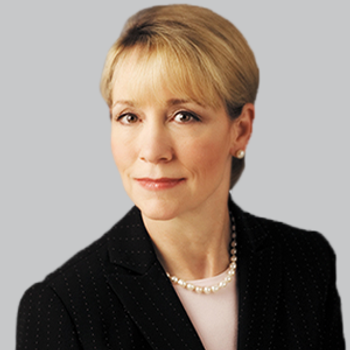
This regulatory approval in the treatment of pediatric patients aged 2 years and older with upper limb spasticity, excluding those with cerebral palsy, marks abobotulinumtoxinA (Dysport, Ipsen) as the first botulinum toxin approved for both upper and lower pediatric spasticity.
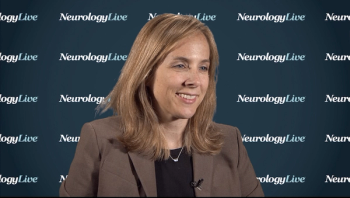
The senior research scientist in the Center for Mobility and Rehabilitation Engineering Research at Kessler Foundation shared insight into the work she and her colleagues are doing to try to revolutionize the way exoskeletons can improve neurorehabilitation and gait challenges.

Reducing the frequency of migraine is only 1 step in the process of optimizing management and addressing the disease's impact on patients’ lives.

Following the receipt of a refusal to file letter from the FDA, Zogenix has resubmitted its application for fenfluramine hydrochloride (Fintepla), seeking approval for the treatment of seizures associated with Dravet syndrome.
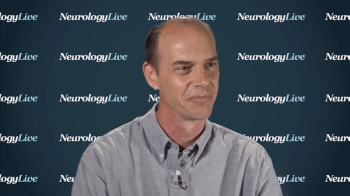
The director of the Rocco Ortenzio Neuroimaging Center at Kessler Foundation spoke about the future of functional MRI in providing real-time neurofeedback, and how it might be incorporated as an end point in clinical trials.

The clinical development of ND0612 includes 2 doses; a low dose for mid-stage Parkinson patients experiencing loss of motor control on oral therapy, and a high dose for severe disease in which oral drugs are no longer effective.

Acorda Therapeutics’ Inbrija, an inhalation powder formulation of levodopa, was associated with no significant increases in troublesome dyskinesia for patients being treated with carbidopa/levodopa.

Data of amantadine (Gocovri, Adamas) extended-release tablets suggested that the therapy is, in fact, safe and tolerable with a unique pharmacokinetic profile, and results in significant improvements in dyskinesia for patients with Parkinson disease.

The senior research scientist in the Center for Mobility and Rehabilitation Engineering Research at Kessler Foundation spoke about using the exoskeleton and dermal skeleton devices in functional recovery for patients who have lost the ability to walk.
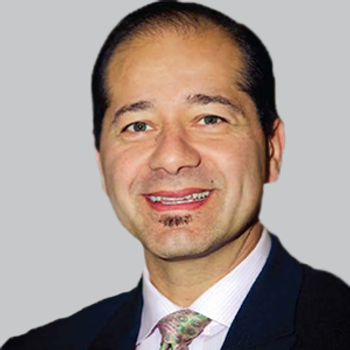
Acadia Pharmaceuticals’ pimavanserin significantly improved Hamilton Depression Rating Scale scores for patients with Parkinson disease with depressive symptoms in an 8-week, open-label study.
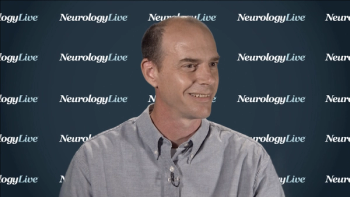
The director of the Rocco Ortenzio Neuroimaging Center at Kessler Foundation shared insight on the abilities functional MRI have provided researchers and how it has made an impact on the testing of interventions for a number of neurologic conditions.

Cerevel Therapeutics’ highly selective dopamine D1/D5 agonist showed significant reductions in UPDRS-III scores for those with early-stage Parkinson disease and is planned to enter phase 3 in 2020.
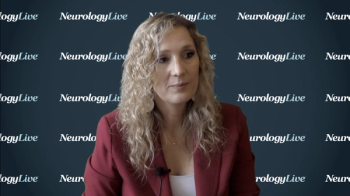
The professor of medicine, neurology, at the University of Toronto shared insight into the importance of communication and a good network of physicians to an adult neurologist caring for patients with epilepsy.

PML incidence in a cohort of more than 6000 patients have decreased by 23% each year since risk guidelines and new serologic testing were introduced.
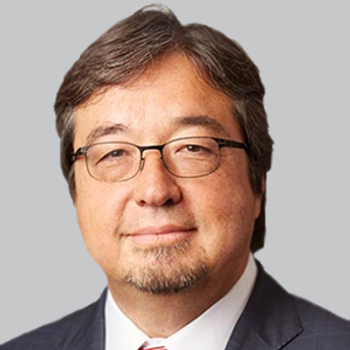
Based on datasets from 2 national registries and the European Interferon Beta Pregnancy Registry, the EMA’s Committee for Medicinal Products for Human Use has given a positive opinion to remove the contraindications, which would allow the Biogen agents to be used by pregnant and breastfeeding women with multiple sclerosis.
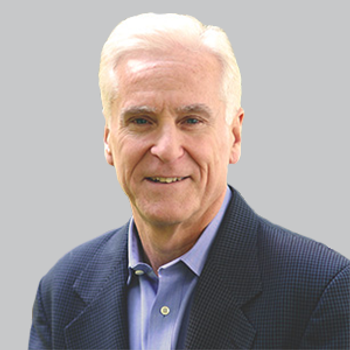
The analyses focus on the abuse potential, efficacy in high-burden patients with narcolepsy, and safety data for Harmony Biosciences’ histamine H3 receptor-antagonist/inverse agonist, pitolisant.
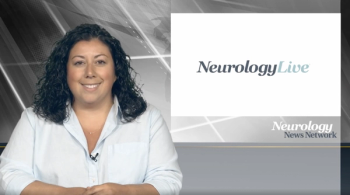
Neurology News Network for the week ending September 21, 2019.
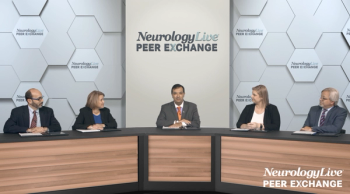
In recognition of World Alzheimer Day, experts in Alzheimer disease and dementia share insight from the latest Alzheimer Disease International's yearly World Alzheimer Report.

While AAN makes a push for annual cognitive assessments in older adults, the USPSTF found that there is not enough evidence to support routine screening.

Analysis suggests that high-intensity aerobic exercise intervention, when gamified and delivered in an at-home fashion, can attenuate the symptoms of Parkinson disease while maintaining good adherence.
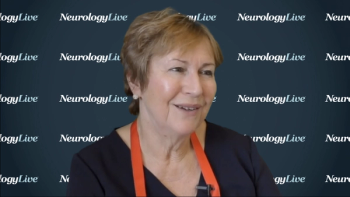
The neurologist at the National MS Center and University Hospital, in Brussels, spoke to the decision-making process when treating women with MS who seek to get pregnant, or who are planning a family.

Data to be presented at the 2019 European Pediatric Neurology Society Congress suggest Zolgensma (onasemnogene abeparvovec-xioi) is associated with major milestone gains in SMA type 1.
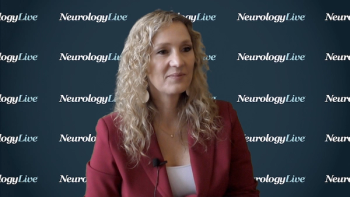
The professor of medicine, neurology, at the University of Toronto discussed the best ways for adult neurologists to ensure a smooth transition of care for patients with epilepsy entering their care.
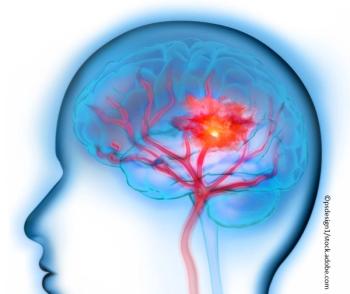
The prognosis of cerebral venous thrombosis (CVT) is favorable compared with other types of stroke: almost 80% of patients with CVT recover without functional disability. Nevertheless, 5% to 10% of patients die in the acute phase.

A prospective, cross-sectional assessment suggests that patients with DMD can be adequately assessed for cognition in a brief period of time using the NIHTB‐CB, and additionally suggested a cognitive vulnerability in mothers who were carriers of DMD mutation.
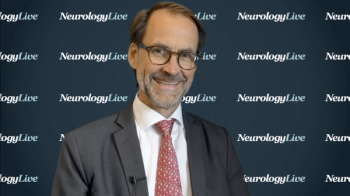
The professor and senior physician in the department of clinical neuroscience at the Karolinska Institutet discussed the evolving understanding of the blood-brain barrier in MS, and what might still be left to uncover.
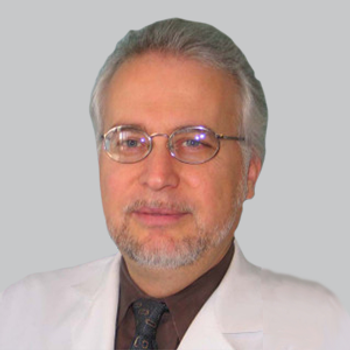
Further analysis of the SHINE trial suggest nusinersen is linked to 6-year maintained improvement in patients with SMA. Biogen has announced a new global trial of a 50 mg loading dose in a broader cohort.

In a time where more than half of all patients with acute stroke and most patients with severe stroke arrive at the hospital via emergency medical services, a study suggests mobile stroke units are better equipped to accurately triage patients.

Mallinckrodt’s repository corticotropin injection was shown to have a lower cost per patient response compared to other late-line treatments for multiple sclerosis relapses, costing an estimated $148,528 less per response.